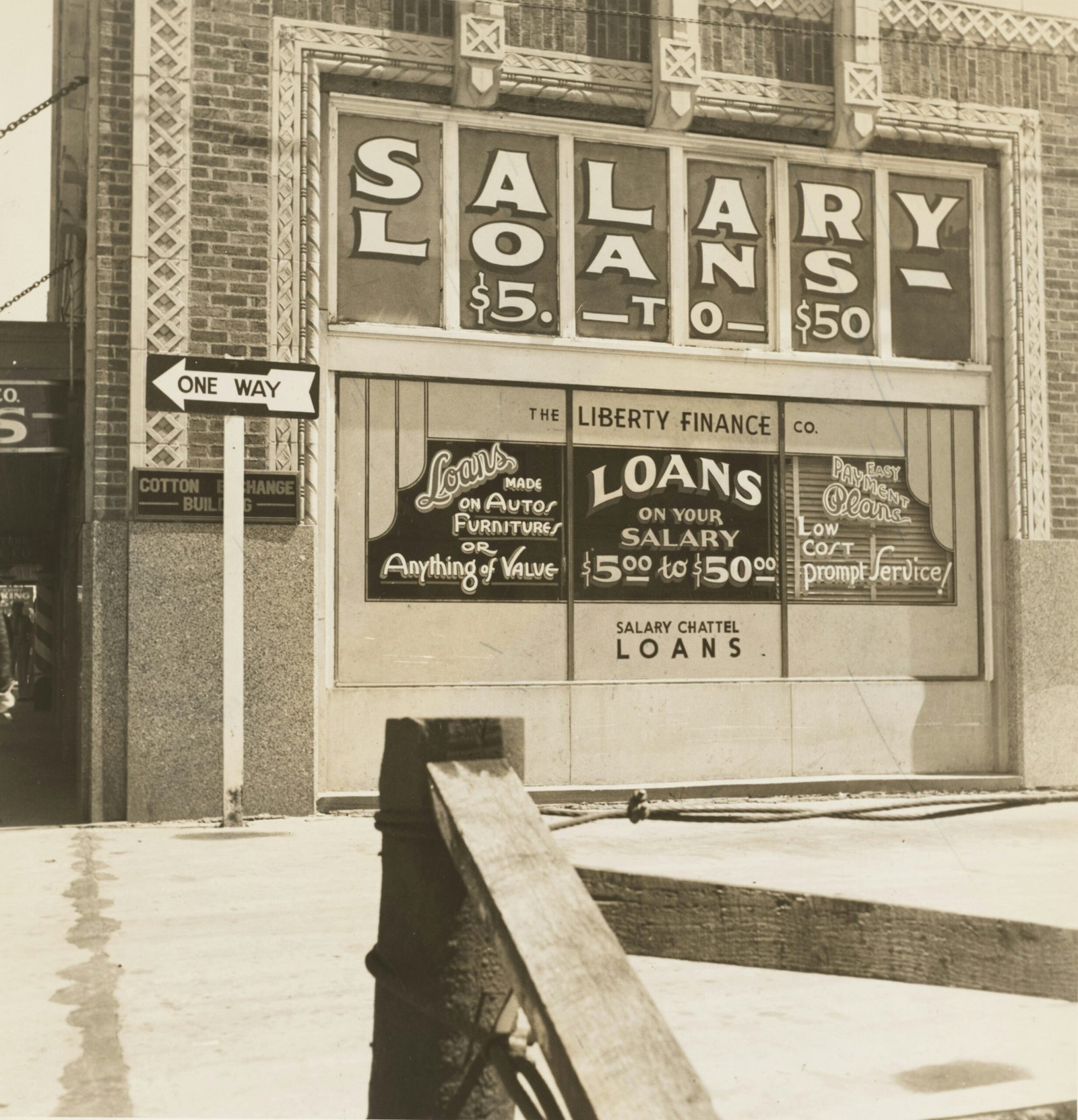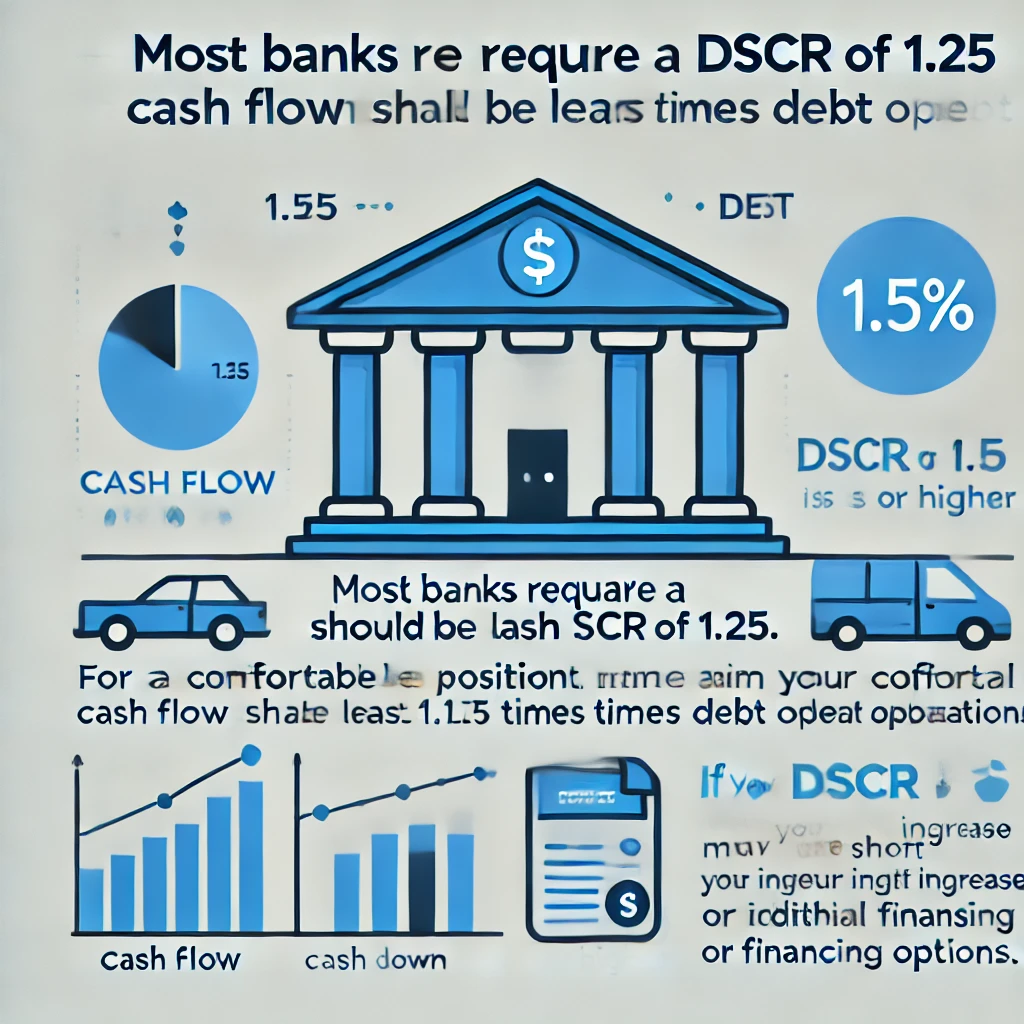
Merchant cash advances (MCAs) have become an increasingly popular financing option for businesses seeking quick access to capital. These MCA loans provide a lump sum payment in exchange for a portion of future sales, offering a flexible alternative to traditional bank loans. However, the funding amount for a merchant cash advance can vary significantly based on several key factors. Understanding these elements can help business owners assess their eligibility and potentially maximize their funding opportunities.
Table of Contents
- 1 1. Monthly Revenue
- 2 2. Credit Card Sales Volume
- 3 3. Bank Account Activity
- 4 4. Time in Business
- 5 5. Credit Score
- 6 6. Industry Type
- 7 7. Previous MCA History
- 8 8. Collectibility
- 9 9. Repayment Ability
- 10 The Importance of Clean Books for MCA Approval
- 11 Let CentsIQ Manage Your Bookkeeping
- 12 Conclusion
- 13 Q&A: Merchant Cash Advances
1. Monthly Revenue
Monthly revenue stands as the cornerstone factor in determining the funding amount for MCA loans. Lenders typically review a business’s average monthly revenue over the past 3-4 months to gauge its financial health and repayment capacity.
Significance: Monthly revenue directly reflects a business’s cash flow and ability to repay the advance.
Assessment: MCA providers analyze bank statements and credit card processing statements to calculate average monthly income.
Impact: The funding amount for a merchant cash advance often ranges from 80% to 120% of the average monthly revenue.
Example: A restaurant with an average monthly revenue of $50,000 might qualify for an MCA between $40,000 and $60,000.
2. Credit Card Sales Volume
For businesses that accept credit cards, the volume of credit card transactions plays a pivotal role in determining the funding amount for MCA loans.
Significance: Higher credit card sales volumes can lead to larger advance amounts and potentially better terms.
Assessment: Lenders review credit card processing statements to evaluate the consistency and volume of transactions.
Example: A retail store processing $30,000 in monthly credit card sales might qualify for a larger merchant cash advance than a similar business with only $10,000 in monthly card transactions.
3. Bank Account Activity
MCA providers closely examine recent bank statements to assess overall financial health and stability.
Key Factors:
- Daily Balances: Maintaining ending balances above $100-$300 is preferable.
- Deposit Frequency: A high number of deposits can indicate healthy cash flow.
- Cash Flow Patterns: Stable, predictable cash flow enhances funding eligibility.
Example: A business with consistent daily deposits and balances rarely dipping below $500 may be viewed more favorably than one with sporadic large deposits and frequent near-zero balances.
4. Time in Business
Longevity in business operations is an important consideration for MCA loans.
Requirement: Most merchant cash advance lenders require businesses to have been operational for at least 6 months.
Impact: Longer-established businesses may qualify for larger advances or better terms.
Example: A two-year-old business might be eligible for a larger merchant cash advance compared to a similar business that’s only been operating for eight months.
5. Credit Score
While less critical than for traditional loans, credit scores still factor into MCA lending decisions.
Preference: A credit score of 580 or higher is generally preferred by MCA providers.
Impact: Higher credit scores may lead to more favorable terms or larger advance amounts.
Example: A business owner with a 650 credit score might receive a more competitive offer than one with a 540 score, all other factors being equal.
6. Industry Type
The nature of the business can influence the funding amount and terms of MCA loans.
Consideration: Some industries are perceived as higher risk, which can affect the funding amount or terms.
Example: A stable retail business might receive more favorable terms than a seasonal tourism-dependent operation.
7. Previous MCA History
Past experience with merchant cash advances can impact future funding opportunities.
Positive Impact: Businesses with a positive repayment history on prior MCAs may qualify for larger funding amounts.
Example: A business that successfully repaid a $50,000 merchant cash advance might be eligible for a $75,000 advance on their next application.
8. Collectibility
MCA providers assess how easily repayments can be collected based on the business model.
Preference: Businesses with steady credit card sales often have an advantage over cash-heavy operations.
Example: An e-commerce business with 90% of sales via credit card may receive more favorable terms than a cash-based convenience store.
9. Repayment Ability
The ability to manage daily or weekly repayments without jeopardizing cash flow is critical for MCA lenders.
Assessment: Lenders evaluate whether the business can comfortably handle the proposed repayment schedule.
Example: A business with high profit margins might be approved for a larger merchant cash advance than one operating on thin margins, even with similar revenues.
The Importance of Clean Books for MCA Approval
Securing MCA loans requires more than just meeting the above criteria. Having clean, accurate financial records is essential for a successful application. Lenders will meticulously analyze your business’s financial health through your bookkeeping. If your books are incomplete or inaccurate, it becomes nearly impossible to secure funding when you need it most. That’s why it’s crucial to have consistent, professional bookkeeping in place before applying for a merchant cash advance. Don’t wait until you’re in a rush to clean up your books—it may already be too late.
Example: A business with well-organized, up-to-date financial records might secure a $100,000 merchant cash advance in days, while a similar business with messy books might face delays or rejection.
Let CentsIQ Manage Your Bookkeeping
With CentsIQ, you can ensure your financial records are always accurate and up to date. Our expert bookkeeping services give you peace of mind and make applying for MCA loans seamless when the time comes. Benefits of CentsIQ for MCA Applications:
- Accurate, real-time financial reporting
- Organized bank and credit card statements
- Clear cash flow analysis
- Professional financial presentations for lenders
By partnering with CentsIQ, you’re not just preparing for a potential merchant cash advance—you’re taking control of your business’s financial health. Our services can help you:
- Identify opportunities for revenue growth
- Spot cash flow issues before they become critical
- Make informed decisions about when to seek additional funding
- Present a professional, organized financial picture to MCA providers
Conclusion
Understanding the key factors that influence MCA funding amounts is crucial for businesses considering this financing option. From monthly revenue and credit card sales to industry type and repayment history, each element plays a role in determining your eligibility and potential advance amount. However, the foundation of a successful merchant cash advance application lies in clean, accurate financial records. By partnering with CentsIQ, you ensure that your books are always in order, positioning your business for success not just in securing MCA loans, but in overall financial management.
Take control of your business’s financial health today—partner with CentsIQ and be prepared for any funding opportunity. Whether you’re considering a merchant cash advance now or want to be ready for future financing needs, our expert bookkeeping services can make all the difference. Contact us now to get started and take the first step towards financial clarity and funding readiness.
Q&A: Merchant Cash Advances
Q1: What does a merchant cash advance do?
A merchant cash advance (MCA) provides businesses with upfront capital in exchange for a portion of future sales. It works as follows:
- The MCA provider gives the business a lump sum payment
- The business repays the advance plus fees through a percentage of daily credit card sales or fixed ACH withdrawals
- Repayment continues until the full amount is paid back
MCAs offer quick access to funds, often within days, making them useful for businesses needing immediate capital for inventory, equipment, or cash flow
Q2: Are merchant cash advances illegal?
No, merchant cash advances are not illegal when conducted properly. However, the industry has faced scrutiny due to some predatory practices. Key points:
- MCAs are legal financial products when offered transparently
- Some states have implemented regulations to curb abusive practices
- The FTC has banned certain MCA providers for deceptive conduct
- Businesses should carefully review terms and work with reputable providers
Q3: What is the MCA loan process?
The MCA loan process typically involves these steps:
- Application: Business submits basic information and recent financial statements
- Review: Lender analyzes bank statements and credit card processing records
- Offer: If approved, lender presents terms including advance amount and factor rate
- Acceptance: Business reviews and accepts the offer
- Funding: Funds are typically deposited within 1-3 business days
- Repayment: Daily or weekly automatic deductions begin from credit card sales or bank account
Q4: What happens if you don’t pay back a merchant cash advance?
Defaulting on a merchant cash advance can have serious consequences:
- Damage to credit score: The default will be reported to credit bureaus
- Legal action: The MCA provider may sue for breach of contract
- Judgment: A court may issue a judgment against your business
- Asset seizure: With a judgment, the lender may be able to seize business assets
- Wage garnishment: Your personal wages could be garnished if you signed a personal guarantee
- Difficulty obtaining future financing: The default will make it challenging to secure loans or advances in the future







